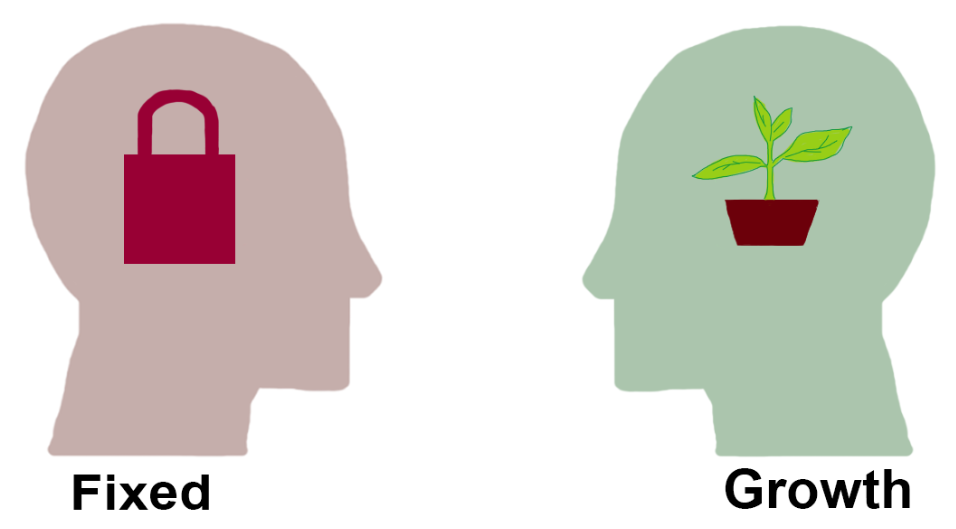
Your Mindset Shapes how you age

What if I told you that your beliefs about aging could influence how well you age? Science shows that the way you think about getting older directly affects your physical health, longevity, and overall well being.
A landmark study by Yale University found that people who had a positive attitude toward aging lived an average of 7.5 years longer than those with a negative outlook. Not only that, but they experienced better mental health, lower rates of disease, and even sharper cognitive function as they aged.
Why? Because your mindset affects your choices, and your choices shape your reality. If you believe that aging means inevitable decline, you’re less likely to take care of yourself. But if you see aging as an opportunity for growth, you’re more likely to stay active, engaged, and healthy.
Shifting from Fear to Possibility
Many people approach aging with fear—fear of illness, loss of independence, or irrelevance. But what if you shifted your perspective? Instead of focusing on what you might lose, focus on what you gain with age: Experience and wisdom that help you navigate life’s challenges more effectively. A stronger sense of self—you know who you are and what truly matters to you. The freedom to prioritize health, passions, and relationships without the pressures of youth.
When you reframe aging as a time of possibility rather than limitation, you unlock the power to make these years your most fulfilling yet.
Why Purpose Matters More Than Ever
Have you ever noticed that some people seem to stay vibrant and energetic well into their 80s and 90s while others seem to slow down much earlier? One of the biggest factors is purpose.
The Science of Purpose and Longevity
Studies on centenarians, people who live to 100 and beyond, show a common trait: they all have a strong sense of purpose. In Japan’s Okinawa, one of the world’s longest-living populations, this concept is called ikigai, meaning “reason for being.” It’s what gets you out of bed in the morning, what excites you, and what gives your life meaning.
Purpose isn’t just good for the soul—it’s good for your health. Research from the Blue Zones (regions where people live the longest, healthiest lives) found that having a sense of purpose can add up to 7 years to your lifespan.
What Happens When You Lose Your Sense of Purpose?
Many people experience a shift in midlife. Perhaps children have grown up, careers have plateaued or ended, or daily routines feel less meaningful. Without a sense of direction, it’s easy to feel adrift, unmotivated, or even depressed. But here’s the good news: purpose is not something you lose, it’s something you create.
How to Find (or Rediscover) Your Purpose
If you’re unsure about what gives your life meaning at this stage, try these exercises:
- Ask Yourself the Right Questions
Take a moment to reflect on the following:
- What excites me?
- When do I feel most alive?
- How do I want to be remembered?
- What brings me joy and fulfillment?
- What talents or wisdom do I have that I can share?
Your purpose doesn’t have to be something grand. It can be as simple as being a supportive grandparent, mentoring younger professionals, pursuing a creative passion, or staying active in your community.
- Try Something New
Sometimes, purpose is found through exploration rather than deep reflection. If you’re feeling stuck, try something different:
- Take up a new hobby or skill.
- Volunteer for a cause that matters to you.
- Join a community group or club.
- Travel somewhere you’ve never been.
- Start a passion project, like writing, gardening, or painting.
The more you engage with life, the more likely you are to find what lights you up.
- Shift from Success to Significance
In early life, many of us chase success—careers, accomplishments, financial goals. But in the second half of life, the focus shifts to significance—contributing, giving back, and making an impact.
Ask yourself: How can I use my experiences, wisdom, and skills to help others? Whether it’s mentoring, teaching, or simply offering support to loved ones, helping others gives life meaning.
Daily Practices to Cultivate a Positive Aging Mindset
To truly embrace the power of mindset and purpose, incorporate these simple practices into your daily routine:
- Gratitude Practice: Start or end your day by listing 3 things you’re grateful for. Gratitude rewires the brain for positivity and reduces stress.
- Affirmations: Repeat positive statements like “I am strong, healthy, and thriving” or “Each year brings new opportunities for growth.”
- Visualization: Picture yourself as an active, healthy, vibrant person at 60, 70, or even 90. Your mind will work toward making this vision a reality.
- Stay Curious: Never stop learning! Read books, take courses, or engage in discussions that challenge and inspire you.
- Surround Yourself with Positive Influences: Spend time with people who inspire and uplift you, rather than those who reinforce negative beliefs about aging.
Aging With Intention
Aging is not just something that happens to you, it’s something you actively shape. Your mindset determines your experience. If you believe that aging is a time of growth, opportunity, and purpose, you will live accordingly. If you take steps to cultivate a sense of meaning and connection, you will not only add years to your life, but life to your years.
So, ask yourself: How do I want to experience this next phase of my life? What kind of person do I want to become? What is one small step I can take today to align with my purpose?
Your best years are ahead of you. It’s time to embrace them with energy, passion, and purpose. Let’s move forward—stronger, wiser, and more alive than ever.

Leave a Reply
Your email address will not be published. Required fields are marked *